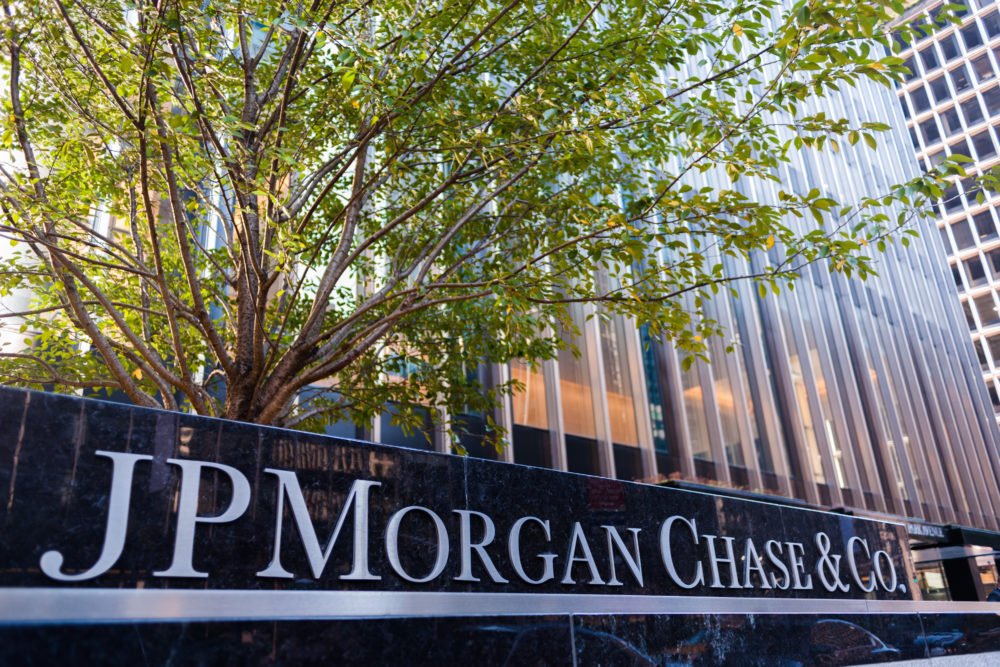[ad_1]
Black consumers and entrepreneurs are intended to be big recipients of a $125 million investment by JPMorgan Chase to enhance the financial health of underserved communities.
Through collaboration with community groups, the investment also could advance the development of products and services to make banking available to more people. The bank will identify, evaluate, and help expand fintech solutions, and financial coaching programs to help people improve their personal finances.
A JPMorgan Chase spokesperson says black residents—including small business owners—are a key target group for the investment. And many of the targeted areas will be black communities.
The goal: Help people boost their savings, reduce debt, build credit, and reach short-term and long-term financial goals, whether it’s used for such purposes as college financing or getting a home.
JPMorgan Chase is investing in programs such as Compass Working Capital. The $ 500,000 commitment is to help public housing residents in Boston reduce debt in addition to building savings and improving their credit scores. More than 50% of the people that Compass serves are black—and the vast majority of them are women. The bank added 30% of its new branches which will be in low- and middle-income communities.
Chase’s investment runs through 2023 and amounts to roughly $25 million annually on average. The bank’s strategy is to conduct research and test what works for each segment of the population in each area before scaling it up to reach more people. The bank’s exact annual spend will depend on that.
The new philanthropic investment is part of the bank’s efforts to drive economic opportunity in cities globally.
“When we create opportunities that make prosperity possible for more people, we become stronger as a country,” said Thasunda Brown Duckett, CEO of Consumer Banking at Chase.
“Our firm is being intentional in our approach by bringing together our people, our products and branches, our digital tools, and our community investments so we can serve everyone, including those who need it most.”
The new services are needed to help improve the financial state of many Americans. Over 1 billion adults across the world struggle with managing their financial lives, according to the World Bank’s Findex. In the U.S., new research from JPMorgan Chase and Morning Consult found that:
- More than 1 in 5 Americans are not saving on a monthly basis.
- 52% of Americans do not have enough money saved or on hand for a $500 emergency.
That aligns with findings from the JPMorgan Chase Institute that most households do not have sufficient liquid assets to weather 90% of income and expense fluctuations.
JPMorgan Chase says the $125 million investment will help tackle these issues for underserved communities—including low-income women, immigrants, people of color and the aging—by supporting the creation, testing, and enhancement of innovative fintech tools that address their unique financial needs.
In addition, it will support the development and expansion of proven financial coaching and just-in-time resources that can help people weather unexpected emergencies and meet their long-term financial goals—from building credit to buying a home.
“Good financial health is a key component of creating economic opportunity for residents,” said Clarence E. Anthony, CEO and executive director at National League of Cities.
“JPMorgan Chase’s leadership and investments to help new Americans improve their financial lives ensure that everyone has the opportunity to fulfill their economic potential, live their dreams, and contribute their part in making America better.”
“Helping more communities access the tools that they need to manage their financial lives and meet their goals is a critical component of ensuring that more people benefit from economic growth,” said Colleen Briggs, head of Community Innovation at JPMorgan Chase. “Through this effort, we will test and scale promising financial solutions to support the prosperity of households and communities around the world.”
[ad_2]
Source link

